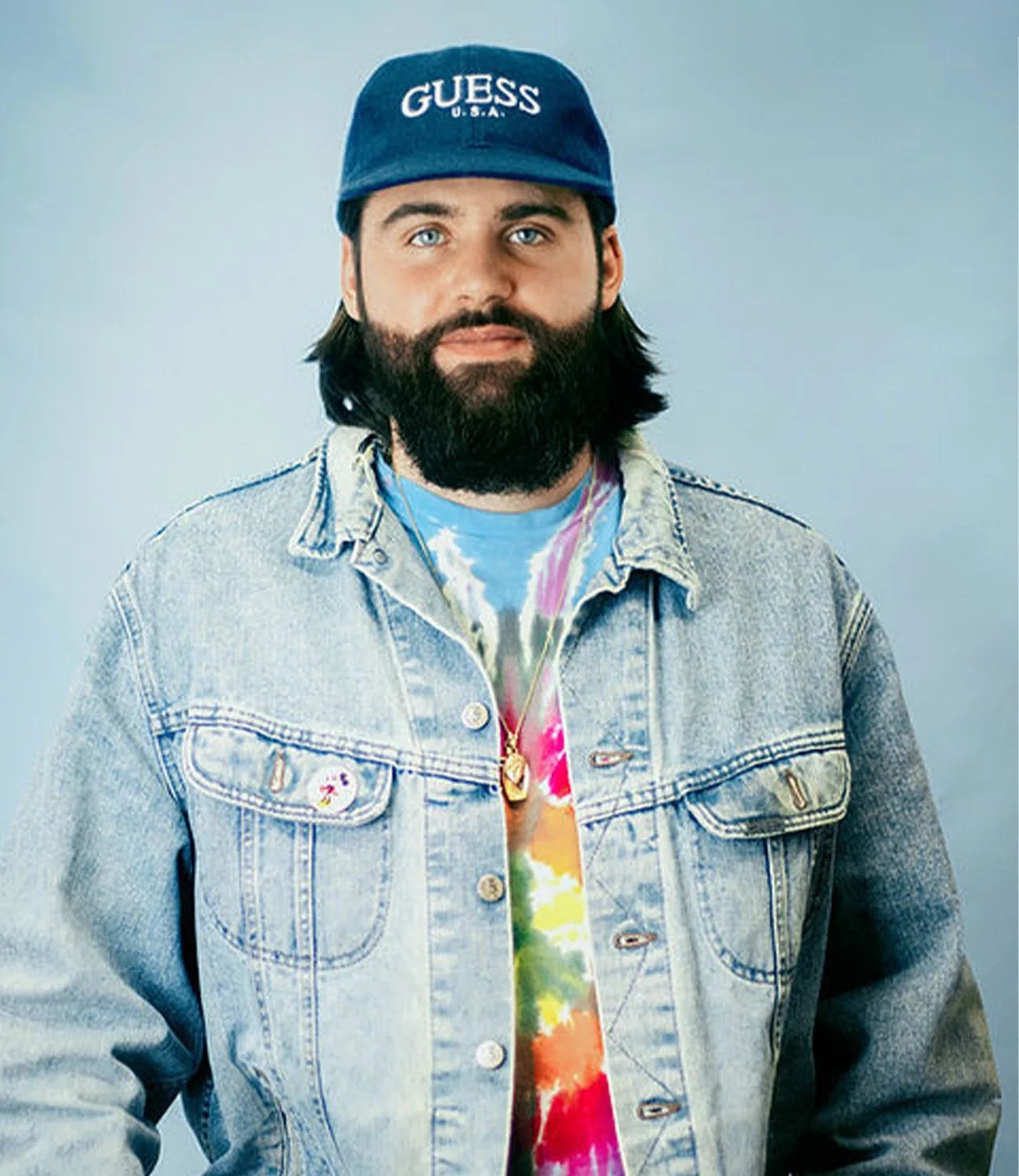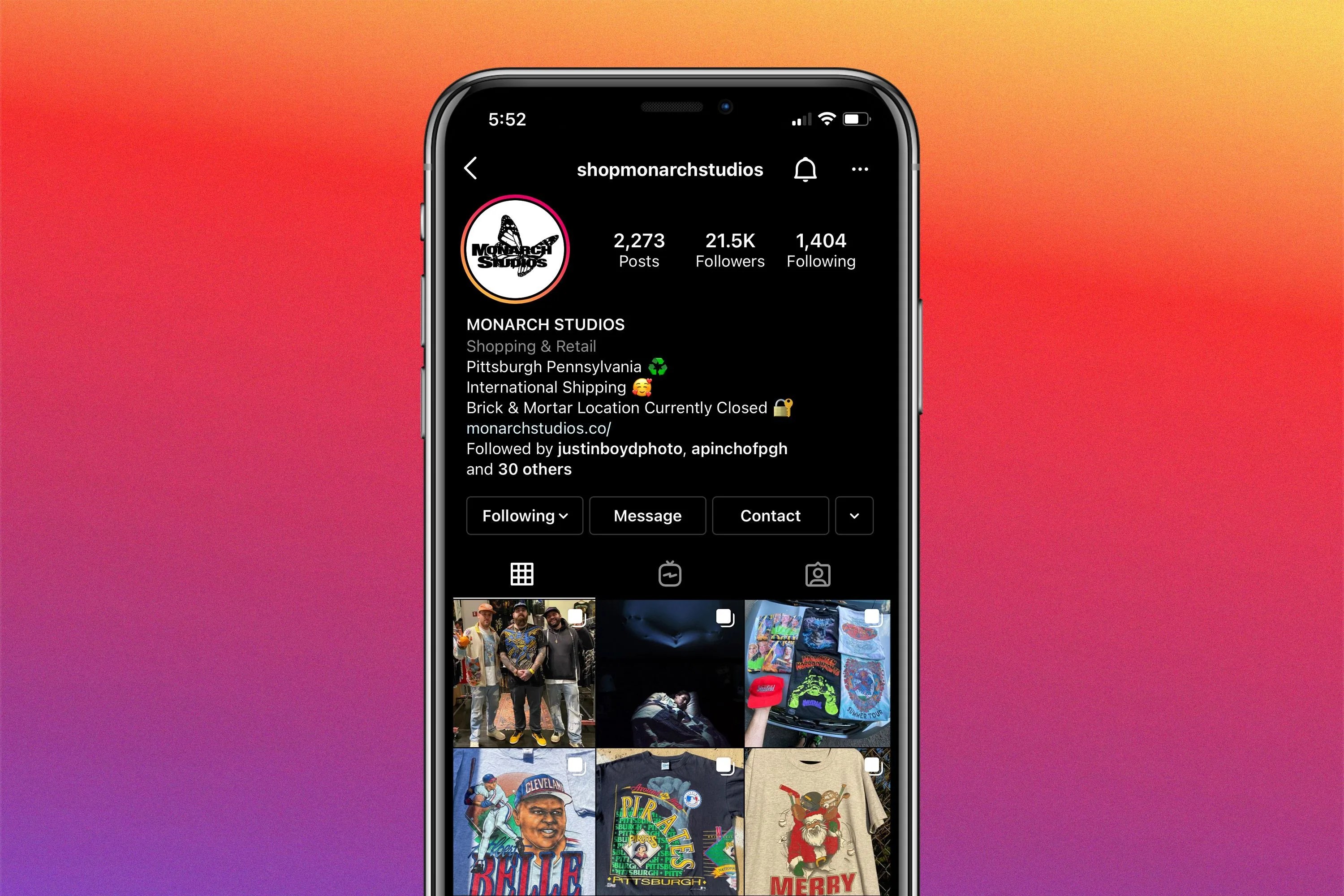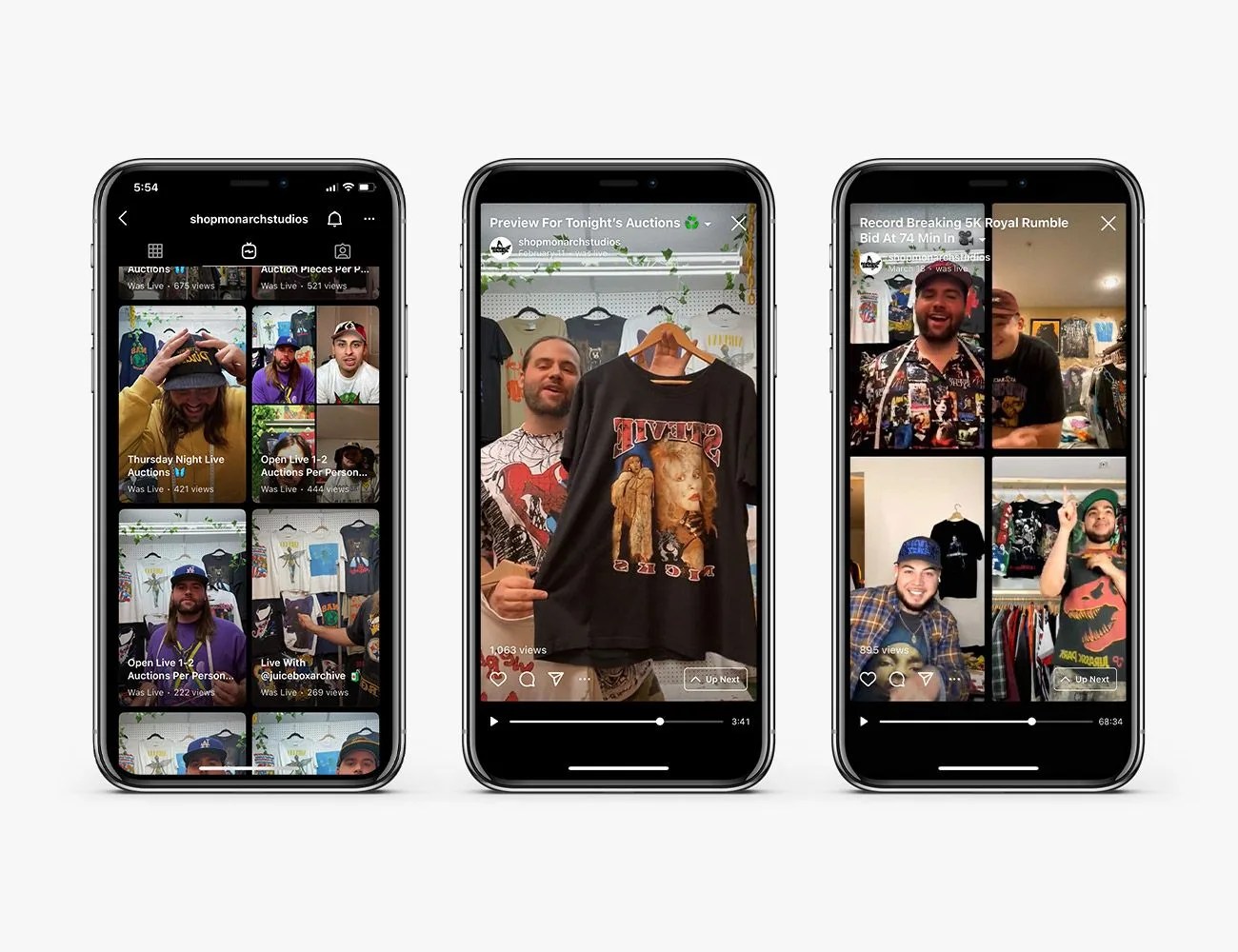Meet charismatic T-shirt seller, Sean Flynn, and his Pittsburgh store, Monarch Studios. It’s a modest brick-and-mortar, but big online. Through personality and quality picking he’s grown his Instagram page — largely dedicated to vintage wrestling, music, and movie T-shirts — from a meager couple hundred followers to over 21,000 in a little over a year. “Really only since quarantine started,” he explains.
“[The storefront] was open for a calendar year, and then COVID hit,” he continues. “And in my head I’m thinking, ‘This is going to get bad very quickly, and I’m not prepared from an online standpoint to keep the business afloat,’ because I was relying strictly on in-store traffic… But I started prepping. We hopped on immediately and started building the website out. I knew I had to transition online and fully commit myself to this.”
The pandemic forced his hand. For Flynn, his options were to fold under the pressure and shelve his passion project for a period or push forward.
“I did a pretty massive giveaway with the first initial website drop,” he recalls. “And to be totally honest, we did similar numbers then to the highest numbers we’d ever done in the store. I stepped back and was like, ‘OK, this is going to work out.'”
 Monarch Studios
Monarch StudiosBut the initial hype of a new site subsided, and he was hard at work enticing new shoppers once more. Then, a friend, Chris (aka @1980somethingco), created the Virtual Flea (@thevirtualflea). It was similar to QVC in the way it presented products to a live audience: a host introduces a vendor, they introduce an item, give you its specs, and then tell you what it’s selling for. But, with one catch: there’s one of each and it’s up for auction. Bidders purchase a badge — an icon that appears next to your username — as a means of verification and then drop bids in the chat. The host account can pin them as they overtake the current top offer. Flynn joined the first few and saw an opportunity to do something smaller for his core community.
Flynn hosted his first Thursday Night Live on the Monarch Studios account with a few close friends four weeks later. For them, it was a way to reconnect to the part of selling T-shirts they enjoyed most: face-to-face interactions.

